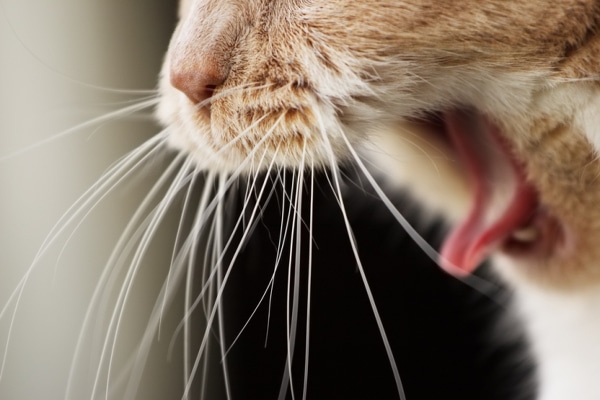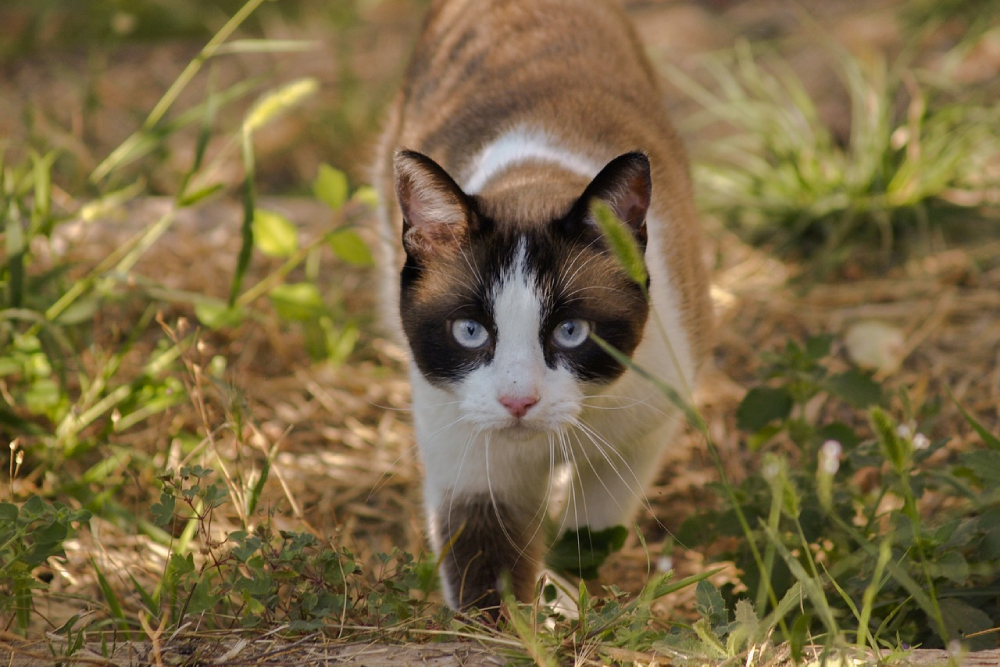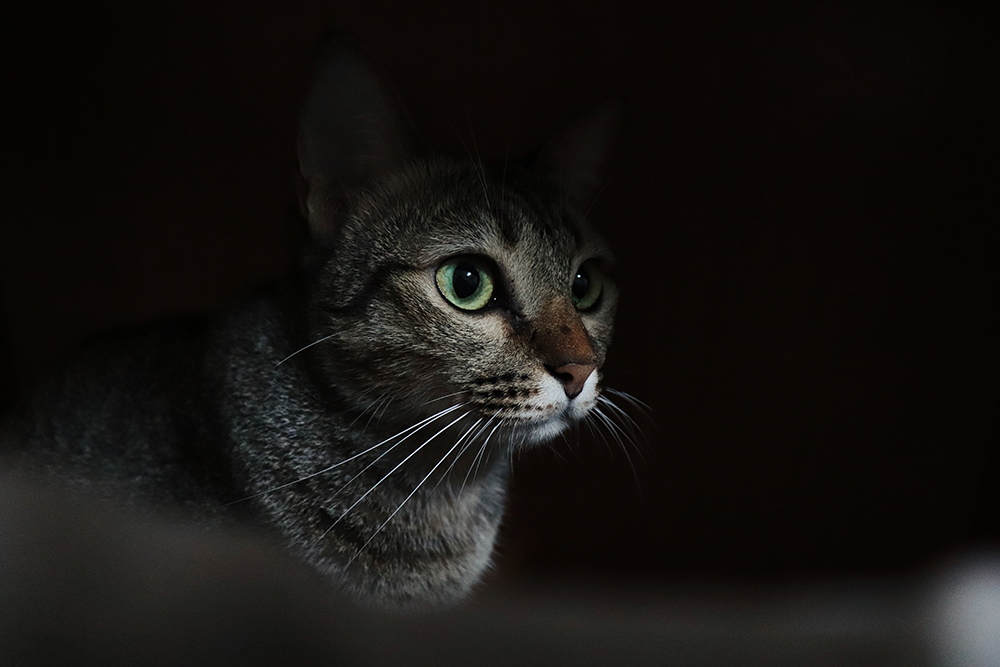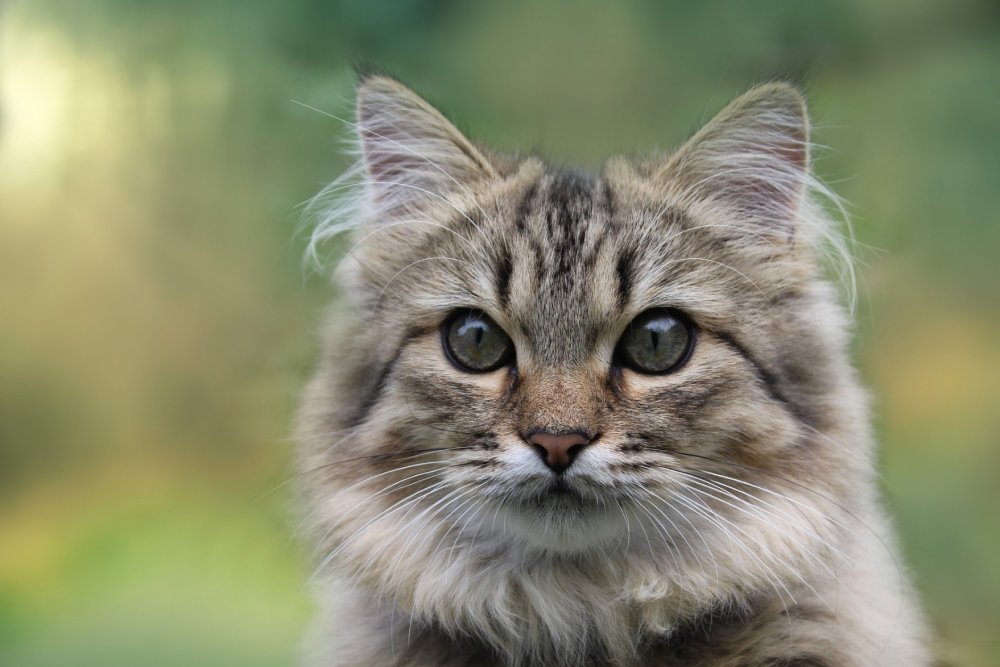If your cat has recently been coughing, you may wonder if something is going on that requires a veterinary examination, particularly if your companion’s cough sounds like they’re channeling a duck.
The sounds cats make when coughing can often be difficult to describe, and often confusing, due to a lack of standardization with regards to coughing vocabulary. Some people may further describe it as retching, or hacking, though these terms can mean different things to different people. Coughing can further be confusing due to colloquial terms such as “coughing up a hairball”, which is generally more accurately a description of vomiting.
This article will look at some of the more common causes of coughing in cats, and help you determine what to do if you notice your cat coughing.
What Are the Common Conditions That Can Cause Cats to Cough?
Various conditions can cause cats to cough, including asthma, cancer, foreign objects that have gotten stuck, and respiratory infections.
Asthma
Asthma is when a cat’s lungs and airways narrow and swell. Although the trigger is not always known, the result is an inflammatory reaction within the respiratory system. Signs of the condition are non-specific and can include repeated coughing, and bouts (or paroxysms) of coughing. If your cat is coughing but not having trouble breathing, consider contacting your veterinarian and explaining the situation to determine whether they need to be seen immediately or can wait for a regular appointment. Cats with breathing problems should be seen immediately by an emergency veterinarian.
Treatment is usually geared towards controlling inflammation. Cats with asthma typically need anti-inflammatory medication to keep the situation under control long-term. Other conditions should be ruled out before a diagnosis of asthma is made.

If you need to speak with a vet but can’t get to one, head over to PangoVet. It’s an online service where you can talk to a vet online and get the personalized advice you need for your pet — all at an affordable price!
Cancer
Cats can develop benign and malignant tumors in their respiratory systems, including their larynxes, tracheas, and lungs. Laryngeal and tracheal tumors are rare in cats, as are primary lung tumors. Primary lung tumors are diagnosed far more frequently in older than younger cats. Cats can also develop malignant tumors when cancer metastasizes from other sites.
Signs of laryngeal and tracheal tumors may include difficulty breathing, coughing, or a change in voice. This may be where some people describe a cough as duck like, though it is not the only potential cause. The diagnosis of laryngeal and tracheal tumors usually involves examination of the suspected areas when possible, generally under sedation, along with imaging such as x-rays or endoscopy.
Respiratory Infections
Viral and bacterial infections can cause lower respiratory problems in cats. Fungi and parasites can also be responsible. Signs can include include coughing, fast or open mouth breathing, fever, lethargy, changes in appetite, and weight loss. Similar to other lower airway diseases, veterinary consultation, diagnostics, and treatment are the common next steps.
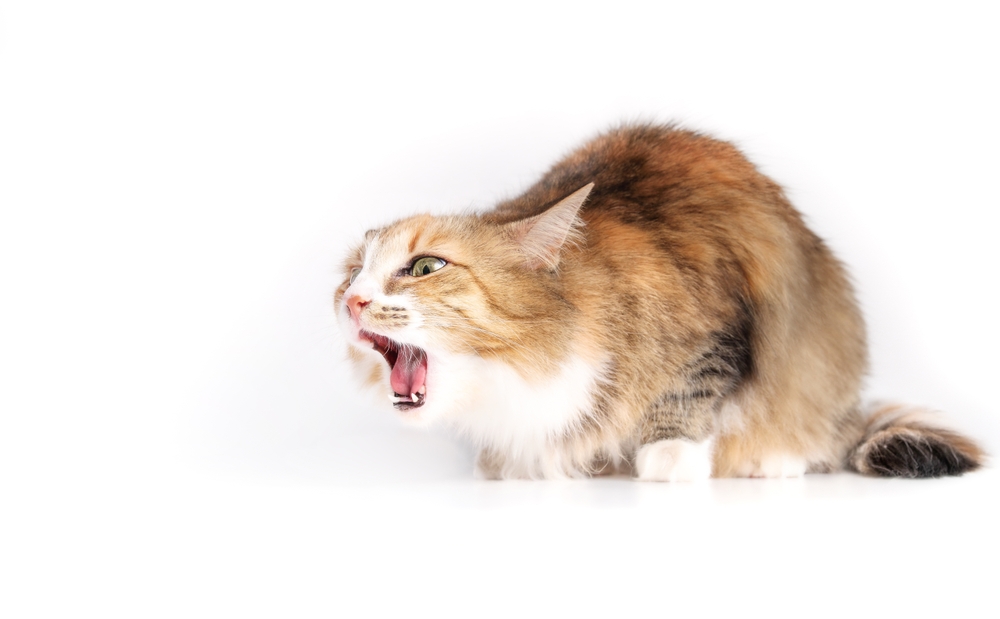
 Conclusion
Conclusion
Cats can cough for several reasons, ranging from lower respiratory infections, to chronic conditions such as asthma and diseases like cancer. Coughing in cats should always be evaluated by a veterinarian. If your kitty sounds like a duck when they cough, contact your veterinarian for an examination.
Featured Image Credit: Suzanne Tucker, Shutterstock

